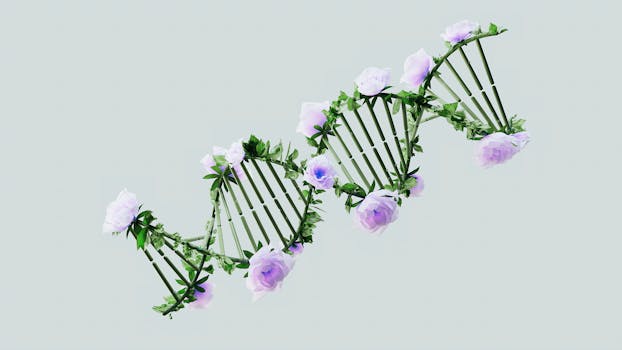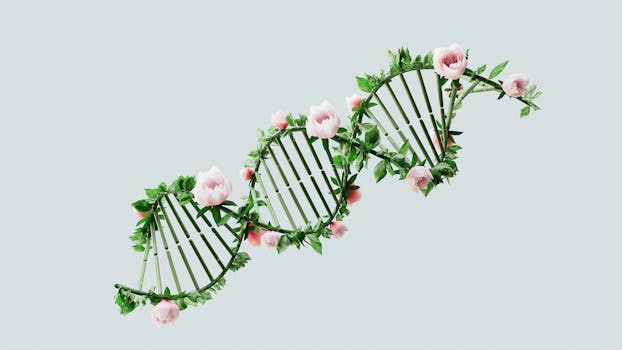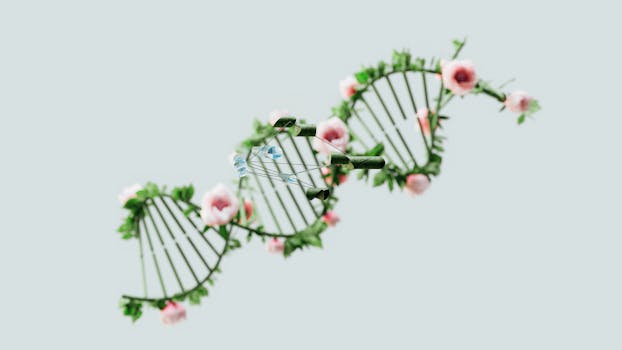
The Role of Genetics in Human Health and Disease
The role of genetics in human health and disease is a complex and multifaceted field that has gained significant attention in recent years. Genetics play a crucial role in determining an individual’s susceptibility to certain diseases and their overall health. The study of genetics has led to a greater understanding of the underlying causes of many diseases, allowing for the development of more effective treatments and prevention strategies.
What is Genetics?

Genetics is the study of heredity, genes, and variation. It involves the examination of the structure and function of genes, as well as the transmission of genetic information from one generation to the next. The human genome is composed of over 3 billion base pairs of DNA, which are organized into 23 pairs of chromosomes. Each chromosome contains hundreds of genes, which are the basic units of heredity.
How Do Genetics Affect Human Health?

Genetics play a significant role in determining an individual’s susceptibility to certain diseases. Some diseases are caused by genetic mutations, while others are influenced by a combination of genetic and environmental factors. For example, sickle cell anemia is a genetic disorder caused by a mutation in the HBB gene, while heart disease is influenced by a combination of genetic and lifestyle factors.
Types of Genetic Disorders

There are several types of genetic disorders, including:
- Single-gene disorders, such as cystic fibrosis and sickle cell anemia
- Chromosomal disorders, such as Down syndrome and Turner syndrome
- Polygenic disorders, such as heart disease and diabetes
- Complex disorders, such as schizophrenia and autism
Genetic Testing and Counseling

Genetic testing and counseling are important tools for identifying individuals who are at risk of developing certain genetic disorders. Genetic testing involves the analysis of an individual’s DNA to identify specific genetic mutations or variations. Genetic counseling involves the interpretation of genetic test results and the provision of guidance and support to individuals and families affected by genetic disorders.
Conclusion

In conclusion, the role of genetics in human health and disease is a complex and multifaceted field that has gained significant attention in recent years. Genetics play a crucial role in determining an individual’s susceptibility to certain diseases and their overall health. The study of genetics has led to a greater understanding of the underlying causes of many diseases, allowing for the development of more effective treatments and prevention strategies. As our understanding of genetics continues to evolve, it is likely that we will see significant advances in the diagnosis, treatment, and prevention of genetic disorders.





